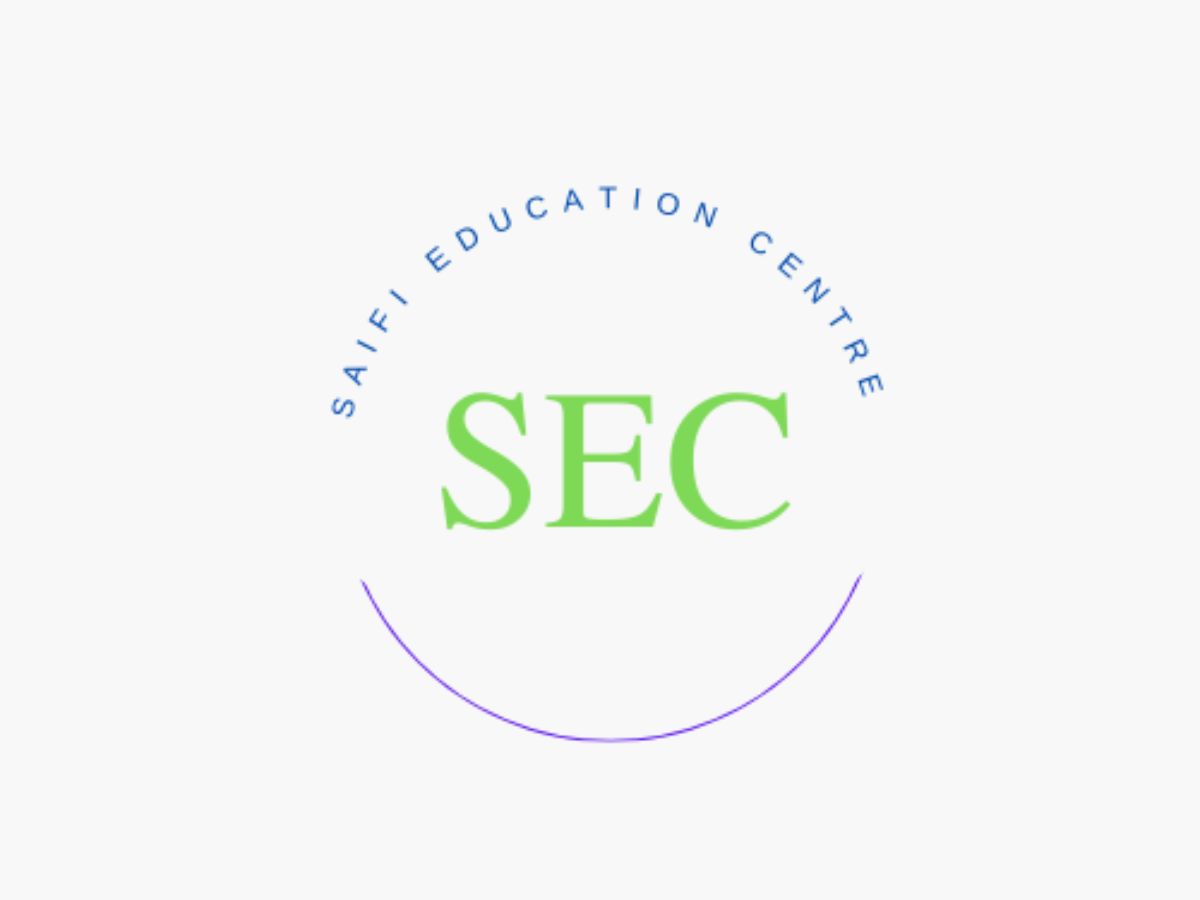Personal Development: A Path to Self-Realization
In the hustle and bustle of daily life, it's easy to get swept away by obligations, deadlines, and the expectations of others. Yet, amidst the chaos, there lies a profound opportunity for growth and self-discovery through the journey of personal development. Personal development is not merely about acquiring skills or achieving goals; it's about delving deep into the essence of who we are, uncovering our true potential, and evolving into the best version of ourselves.
Components of Personal Development :-
Personal development is a broad and holistic process that involves the continuous improvement of various aspects of an individual's life. It encompasses a wide range of elements, focusing on both the internal and external aspects of personal growth.Personal development encompasses a wide range of areas that contribute to individual growth, fulfillment, and self-improvement.
Here are some key components of personal development :-
1. Self-Awareness :-
Understanding your own thoughts, emotions, values, strengths, weaknesses, and beliefs. Self-awareness is the foundation upon which personal development is built, as it allows individuals to identify areas for improvement and make conscious choices aligned with their authentic selves.
Understanding one's values, beliefs, strengths, weaknesses, and emotions.
Reflecting on personal experiences and gaining insights into one's thought patterns and behaviors.
2. Goal Setting :-
Establishing clear, achievable objectives that reflect your aspirations, desires, and values. Setting goals provides direction, motivation, and a sense of purpose, helping individuals focus their efforts and make progress toward their desired outcomes.
Establishing clear, specific, and achievable goals in different areas of life, such as career, relationships, health, and personal skills.
Breaking down long-term goals into smaller, manageable tasks to track progress and stay motivated.
3. Continuous Learning :-
Embracing a mindset of lifelong learning and personal growth. This involves seeking new knowledge, acquiring new skills, and exploring new experiences to expand your understanding of the world and enhance your capabilities.
Embracing a growth mindset that values continuous learning and development.
Seeking opportunities for education, whether through formal education, self-study, workshops, or learning from experiences.
4. Emotional Intelligence :-
Developing the ability to recognize, understand, and manage your own emotions, as well as the emotions of others. Emotional intelligence enables effective communication, empathy, resilience, and interpersonal relationships, essential qualities for personal and professional success.
5. Resilience :-
Cultivating the capacity to bounce back from adversity, setbacks, and challenges. Resilience involves developing coping strategies, maintaining a positive outlook, and adapting to change with courage and perseverance.
6. Time Management :-
Mastering the art of prioritization, organization, and productivity. Effective time management allows individuals to allocate their time and resources efficiently, balance competing priorities, and achieve a sense of balance and fulfillment in their lives.
Prioritizing tasks and activities based on their importance and relevance to personal goals.
Efficiently allocating time to various responsibilities and avoiding procrastination.
7. Communication Skills :-
Enhancing your ability to express yourself clearly, assertively, and empathetically. Effective communication skills facilitate meaningful connections, resolve conflicts, and foster collaboration and mutual understanding in personal and professional relationships.
8. Self-Care :-
Prioritizing your physical, mental, and emotional well-being. Self-care practices include regular exercise, adequate sleep, healthy nutrition, stress management techniques, mindfulness, and activities that bring joy and relaxation.
9. Personal Finance :-
Developing financial literacy and responsibility to manage your finances effectively. This includes budgeting, saving, investing, debt management, and planning for long-term financial security and independence.
10. Relationship Building :-
Nurturing meaningful connections and building supportive relationships with family, friends, colleagues, and communities. Strong social networks provide emotional support, encouragement, and opportunities for personal growth and fulfillment.
In essence, personal development encompasses.
11. Adaptability and Resilience :-
Developing the ability to adapt to change and navigate challenges with resilience.
Viewing setbacks as opportunities for learning and growth rather than insurmountable obstacles.
12. Health and Well-being :-
Prioritizing physical, mental, and emotional well-being.
Incorporating a healthy lifestyle, including regular exercise, balanced nutrition, sufficient sleep, and stress management.
13. Interpersonal Skills :-
Cultivating effective communication skills to build and maintain positive relationships. Developing empathy, active listening, and conflict resolution skills.
14. Mindfulness and Emotional Intelligence :-
Practicing mindfulness to stay present in the moment and manage stress. Enhancing emotional intelligence by understanding and regulating one's emotions and recognizing emotions in others.
15. Financial Literacy :-
Building a foundation of financial knowledge and responsible financial habits. Setting and adhering to a budget, saving, and investing wisely.
16. Networking and Social Skills :-
Building a supportive network of friends, mentors, and colleagues. Developing effective networking skills to create opportunities for personal and professional growth.
17. Purpose and Meaning :-
Exploring and defining one's life purpose and values. Aligning actions and decisions with a sense of purpose and contributing to something greater than oneself.
18. Creativity and Innovation :-
Fostering a creative mindset and embracing innovation. Seeking new solutions to challenges and thinking outside the box.
Conclusion :-
Personal development is a dynamic and ongoing process, and individuals may prioritize different components based on their unique needs, circumstances, and goals. The key is to approach personal development with a proactive and intentional mindset, continually striving for self-improvement and a fulfilling life.

